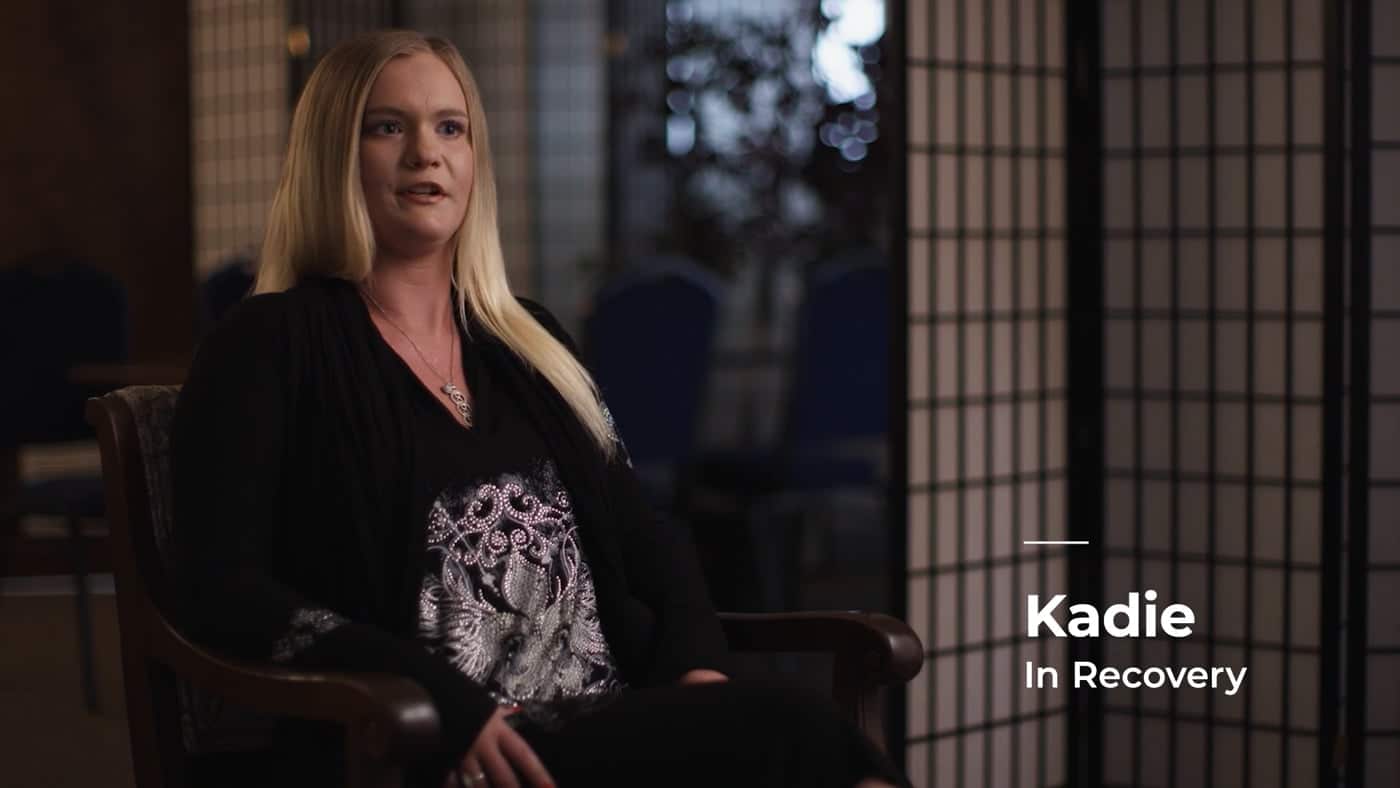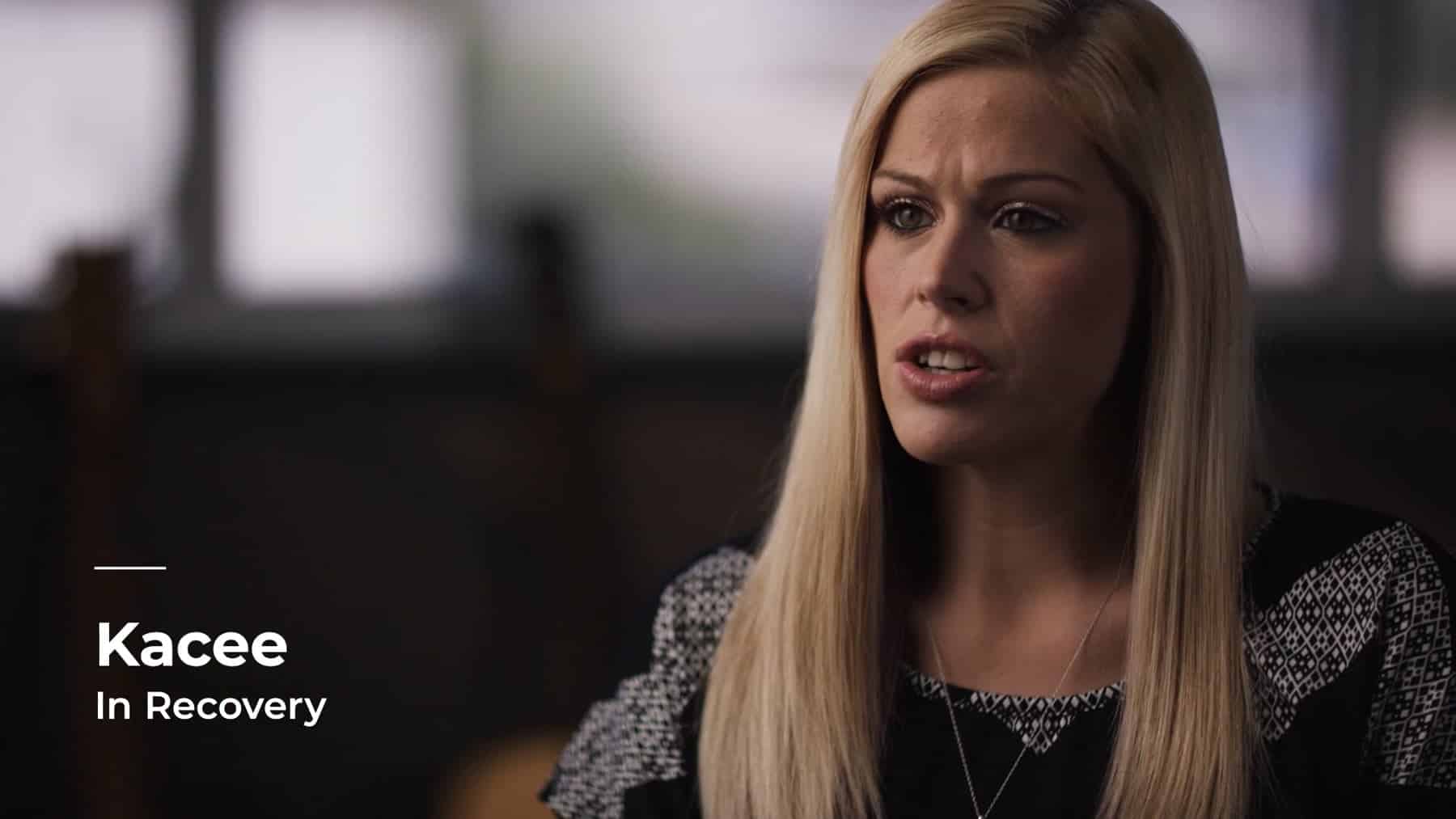Overcoming a substance use disorder is not as simple as resisting the temptation to take drugs through willpower alone. Recovery may involve medication to help with cravings and withdrawal as well as different forms of therapy. The fact is, treatment for substance use disorders, including addiction, is not a one size fits all sort of thing. There are many different paths to recovery and a host of evidence-based treatment options, resources and supports that can and do work.
Substance use disorder is a chronic condition. Recovery is possible. In fact, about 90% of individuals who receive evidence-based treatment report they get better. Thousands upon thousands of Oklahomans are proof.
See if It’s Time to Get Help for You or a Loved One
An assessment by a certified treatment provider will help determine the type of treatment that is best for you. All state certified providers will be able to conduct an initial assessment. Comprehensive Community Behavioral Health Centers (CCBHC) and Comprehensive Community Addiction and Recovery Centers (CCARC) are state contracted facilities that offer a range of financial options (including free) and the ability to schedule an appointment or walk-in the door. They also have access to a wider scope of services offered by the statewide treatment system.
If you’re not ready to reach out, you may consider completing a self assessment to learn which treatment type might be right for you. This simple screener is anonymous and confidential. It is made possible through a partnership with Shatterproof, a national non-profit organization addressing addiction.


